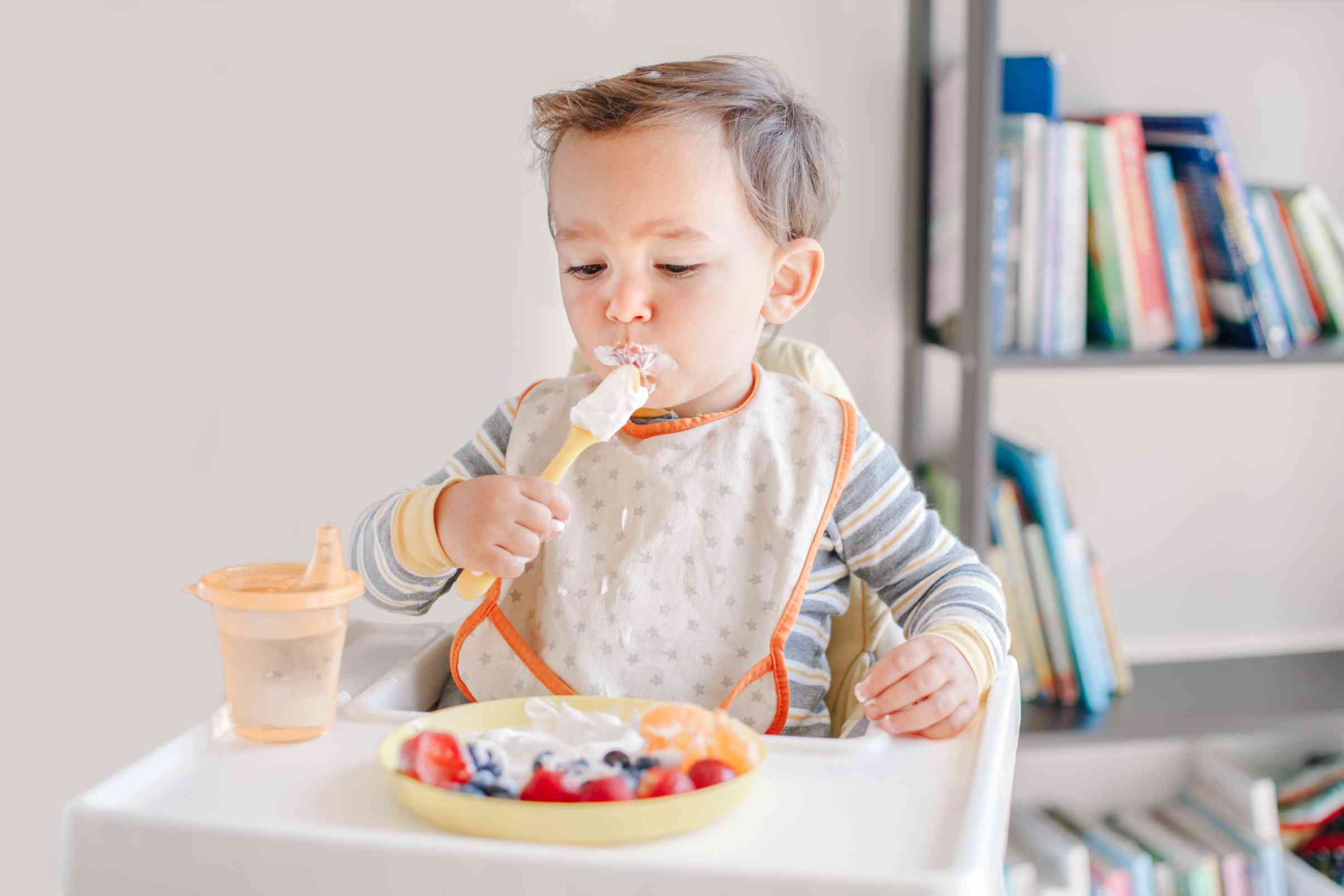Raising children is a journey full of joy, challenges, and learning experiences. As a parent, ensuring your child’s overall health and well-being can sometimes feel overwhelming. That’s why having a practical health guide for parents can make a huge difference. This guide will walk you through essential aspects of child health, development, nutrition, and mental well-being while offering actionable tips for parents.
Why Every Parent Needs a Health Guide
Children grow fast, and each stage of development comes with unique needs. A comprehensive health guide helps parents navigate:
- Nutrition & diet for proper growth
- Physical activity & sleep for a healthy lifestyle
- Safety & accident prevention
- Emotional and mental health
- Parental practices that foster strong family bonds
Following consistent, expert-informed advice ensures your child thrives in a safe, loving, and stimulating environment.
Child Health & Development: Building the Foundation

Nutrition & Diet
Good nutrition forms the foundation of a child’s health. According to experts, children benefit from a balanced diet rich in:
- Fruits and vegetables for vitamins and minerals
- Whole grains for fiber
- Lean proteins like fish, chicken, and beans
- Healthy fats like olive oil and avocado
Encouraging healthy eating habits early can prevent long-term health issues such as obesity, diabetes, and poor bone health.
Sleep & Physical Activity
Adequate sleep and regular physical activity are critical for your child’s development:
- Sleep: Establish a consistent bedtime routine; toddlers typically need 11–14 hours, while school-aged children need 9–11 hours.
- Exercise: Encourage at least 60 minutes of physical activity daily. Activities can range from outdoor play to organized sports, helping children build strength, coordination, and social skills.
Dental & Personal Care
Healthy teeth and hygiene habits start at home:
- Brush twice daily and floss regularly
- Schedule routine dental check-ups
- Teach proper handwashing and personal hygiene
- Dress children appropriately for the weather to prevent illness
Safety First: Preventing Accidents
Safety is a top priority for parents:
- Use car seats and seat belts correctly
- Keep hazardous items out of reach of young children
- Install safety gates and outlet covers
- Supervise playtime near water or other risky environments
Following these precautions reduces the risk of accidents and injuries.
Managing Screen Time
Screens are an integral part of modern life, but balance is key:
- Limit screen time to 1–2 hours daily for older children
- Encourage offline activities such as reading, arts, and outdoor play
- Create tech-free zones at home, especially during meals and bedtime
Tracking Developmental Milestones
Understanding your child’s developmental stages helps identify potential concerns early:
- Monitor motor skills, language, and social interactions
- Encourage age-appropriate learning through play
- Offer toys and activities that stimulate creativity and cognitive growth
Mental & Emotional Well-being

Love & Support
Children thrive when they feel loved and supported. Offer unconditional love, listen actively, and celebrate achievements—big or small.
Communication
Open, judgment-free communication builds trust:
- Ask open-ended questions
- Listen attentively without interrupting
- Discuss feelings and experiences honestly
This practice strengthens emotional intelligence and resilience.
Positive Role Modeling
Children learn by observing. Demonstrate healthy habits, respectful behavior, and problem-solving skills to guide them naturally.
Mental Health Awareness
Help children manage stress and setbacks:
- Encourage expressing emotions safely
- Teach coping strategies for challenges
- Seek professional help if you notice persistent anxiety, sadness, or behavioral changes
Parental Practices: Setting the Stage for Success

Set Limits & Be Consistent
Clear rules and consistent discipline help children understand expectations and boundaries.
Be Present
Dedicate time daily to engage with your child—play, read, or simply converse. Quality interactions foster strong parent-child bonds.
Adapt Your Parenting Style
As your child grows, your approach should evolve. Flexibility ensures guidance aligns with their developmental stage.
Prioritize Self-Care
A healthy parent supports a healthy child. Regular self-care—physical activity, adequate rest, and mental health maintenance—sets a positive example.
Also Read: Nutrition tips theweeklyhealthiness
Quick Comparison Table: Health Guide Essentials
| Aspect | Recommended Practices | Benefits |
| Nutrition | Balanced diet, fruits, vegetables, whole grains | Supports growth, energy, and immunity |
| Sleep & Activity | Age-appropriate sleep, 60 mins physical activity | Enhances brain development and physical health |
| Dental & Hygiene | Brush/floss daily, routine checkups | Prevents cavities, builds lifelong habits |
| Safety | Car seats, outlet covers, supervision | Reduces accidents and injuries |
| Screen Time | 1–2 hours max for older children | Promotes healthy routines, encourages creativity |
| Mental Well-being | Open communication, emotional support | Builds resilience and emotional intelligence |
| Parental Practices | Consistency, engagement, role modeling | Fosters trust, security, and healthy habits |
Practical Tips for Implementing a Health Guide For Parents

- Plan Meals Ahead: Meal planning ensures balanced nutrition and reduces reliance on fast food.
- Prepare Healthy Snacks: Keep fruits, nuts, or yogurt accessible for quick, nutritious options.
- Encourage Active Play: Combine structured sports with free play for optimal physical and social development.
- Monitor Progress: Track growth, milestones, and emotional well-being to catch potential concerns early.
- Engage Together: Make routines fun and interactive—cook meals together, exercise as a family, or read nightly.
FAQs About Health Guide Parentips
Final Thoughts
Raising children is a rewarding but challenging experience. By following this health guide, parents can create a structured, nurturing, and safe environment that promotes their child’s overall health and happiness. Focus on consistent habits—balanced nutrition, regular sleep, physical activity, safety, mental health, and parental engagement—to lay the foundation for a healthy, thriving family.
Remember, being a mindful and involved parent today pays off in a lifetime of well-being for your children. Start implementing these tips gradually and watch your child grow into a confident, healthy, and happy individual.




